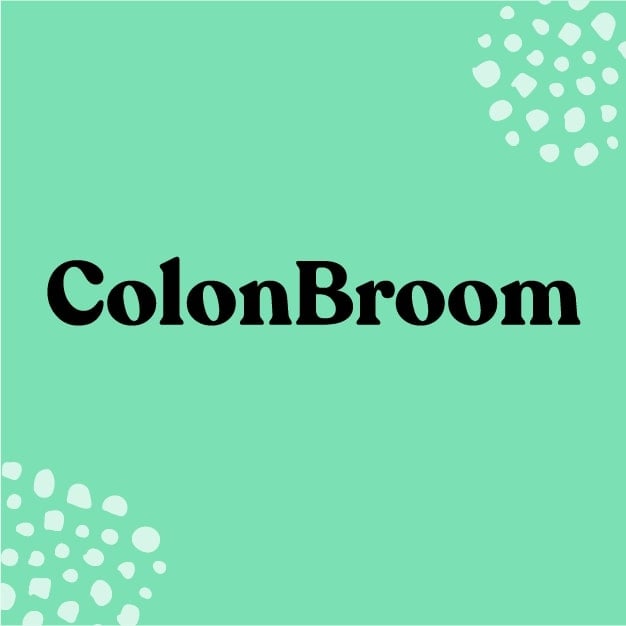The Importance of Colon Health
Colon health is a topic that is often overlooked, but it is crucial for overall well-being. The colon, also known as the large intestine, is responsible for absorbing water and nutrients from food and eliminating waste from the body. However, when the colon is not functioning properly, it can lead to a variety of health issues, including constipation, diarrhea, and even colon cancer.
Understanding Colon Bloom: A Closer Look at the Ingredients and Benefits
One way to support colon health is through the use of colon cleansers, also known as colonics or colon irrigation. One popular colon cleanser on the market is Colon Bloom, a dietary supplement that contains a blend of natural ingredients designed to cleanse the colon and promote healthy bowel movements.
The main ingredient in Colon Bloom is psyllium husk, a type of soluble fiber that absorbs water and forms a gel-like substance in the colon. This helps to bulk up the stools, making them easier to pass and reducing the risk of constipation. In addition, psyllium husk has been shown to lower cholesterol levels and improve blood sugar control in people with diabetes.
Colon Bloom also contains other natural ingredients such as slippery elm, aloe vera, and fennel seed, which have been traditionally used to support colon health. Slippery elm is known for its anti-inflammatory properties and ability to soothe the digestive tract, while aloe vera is a natural laxative that can help to soften stools and stimulate bowel movements. Fennel seed is also a natural laxative and is known for its ability to relieve gas and bloating.
Colon Bloom: What the Research Says
In a recent study published in the Journal of Clinical Gastroenterology, researchers found that a psyllium-based colon cleanser like Colon Bloom, used in combination with a healthy diet, can lead to significant improvements in colon health. The study participants who used the colon cleanser experienced a reduction in constipation and diarrhea, as well as an improvement in overall bowel function.
Another study published in the Journal of Alternative and Complementary Medicine found that a colon cleanse using psyllium husk and other natural ingredients can also lead to improvements in overall well-being. The study participants reported feeling more energized, less bloated, and more regular after completing the colon cleanse.
It’s important to note that colon cleansers should not be used as a replacement for a healthy diet and regular physical activity. A balanced diet that is high in fiber, fruits, and vegetables, along with regular exercise, is essential for maintaining a healthy colon.
In addition, it’s important to consult with a healthcare professional before starting a colon cleanse, especially if you have any pre-existing medical conditions or are taking any medications.
The Bottom Line: The Benefits of Colon Bloom for Optimal Colon Health
In conclusion, colon health is an essential aspect of overall well-being. One way to support colon health is through the use of colon cleansers, such as Colon Bloom. Colon Bloom contains a blend of natural ingredients, including psyllium husk, slippery elm, aloe vera, and fennel seed, that work together to cleanse the colon and promote healthy bowel movements. Studies have shown that using a colon cleanse like Colon Bloom, in combination with a healthy diet and regular physical activity, can lead to significant improvements in colon health and overall well-being. However, it’s important to consult with a healthcare professional before starting a colon cleanse.
Works Cited:
“Colon Health 101: What You Need to Know.” Medical News Today, MediLexicon International, 29 Jan. 2019, www.medicalnewstoday.com/articles/270608.
“Colon Cleansing (Colonics).” Mayo Clinic, Mayo Foundation for Medical Education and Research, 11 Oct. 2017, www.mayoclinic.org/tests-procedures/colon-cleansing/about/pac-20394970.
“Psyllium.” National Center for Complementary and Integrative Health, U.S. Department of Health and Human Services, www.nccih.nih.gov/health/psyllium.
“Slippery Elm.” University of Maryland Medical Center, 14 Dec. 2018, www.umm.edu/health/medical/altmed/herb/slippery-elm.
“Aloe Vera.” University of Maryland Medical Center, 14 Dec. 2018, www.umm.edu/health/medical/altmed/herb/aloe-vera.
“Fennel.” University of Maryland Medical Center, 14 Dec. 2018, www.umm.edu/health/medical/altmed/herb/fennel.


